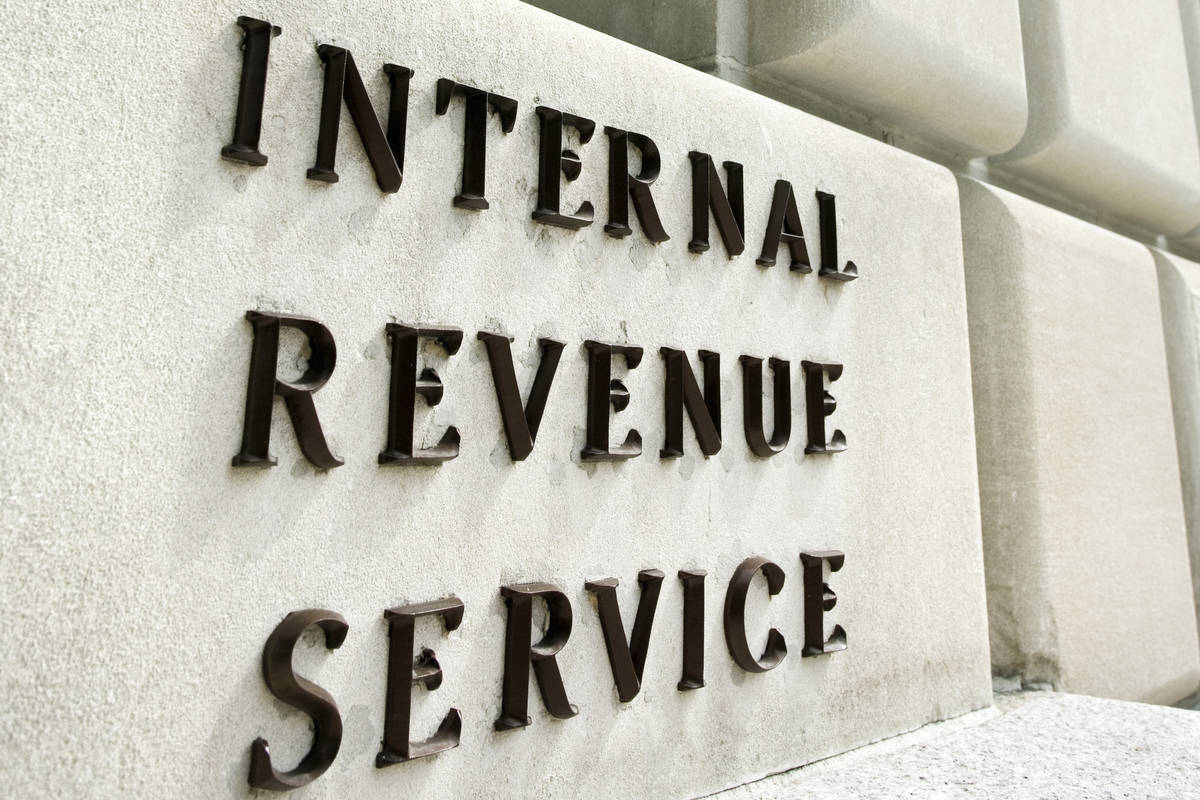
Individuals looking to put a pause button on filing their taxes this year no longer have to keep wishing.
The Treasury Department and Internal Revenue Service have announced that the federal income tax filing due date for individuals for the 2020 tax year will be automatically extended. The date will be pushed from April 15 to May 17.
“This continues to be a tough time for many people, and the IRS wants to continue to do everything possible to help taxpayers navigate the unusual circumstances related to the pandemic, while also working on important tax administration responsibilities,” said IRS Commissioner Chuck Rettig. “Even with the new deadline, we urge taxpayers to consider filing as soon as possible, especially those who are owed refunds. Filing electronically with direct deposit is the quickest way to get refunds, and it can help some taxpayers more quickly receive any remaining stimulus payments they may be entitled to.”
Federal income tax payments for the 2020 tax year for individual taxpayers are also being postponed, without accruing any penalties and interest. The IRS states this is the case regardless of the amount owed.
The extension applies to individual taxpayers, which includes individuals that pay self-employment tax.
If individuals that qualify for the extension want to avoid paying any penalties or interest, they should make their payment by May 17.
The extension for individuals is automatic and there’s no need to file any forms or call the IRS for the relief. If an extension beyond the May 17 deadline is needed, taxpayers can request a filing extension until Oct. 15 by filing Form 4868. Filing this form can be done through a tax professional, tax software or using the IRS’ Free File program.
Importantly, filing Form 4868 allows for taxpayers to extend the time needed to file their tax return until Oct. 15. But to avoid paying interest and penalties, taxpayers should pay any taxes owed by May 17.
The IRS states in a release that the relief doesn’t apply to estimated tax payments, which are due on April 15. These taxes must be paid as taxpayers earn or receive income over the year; this is either through witholding or estimated tax payments.
“In general, estimated tax payments are made quarterly to the IRS by people whose income isn’t subject to income tax withholding, including self-employment income, interest, dividends, alimony or rental income,” the IRS states. “Most taxpayers automatically have their taxes withheld from their paychecks and submitted to the IRS by their employer.”
If you’re expecting a refund, tax refunds associated with e-filed returns are issued within 21 days.